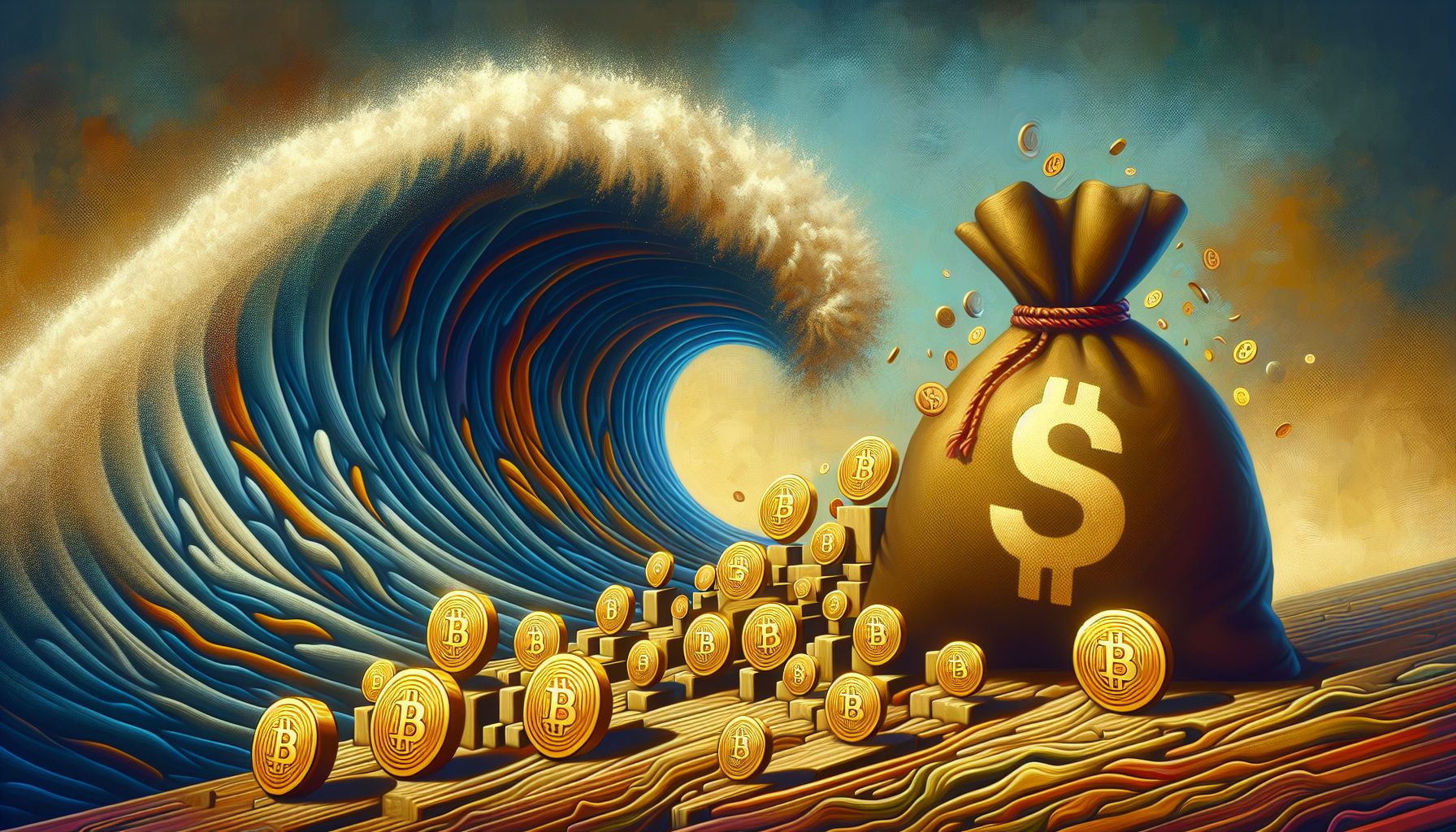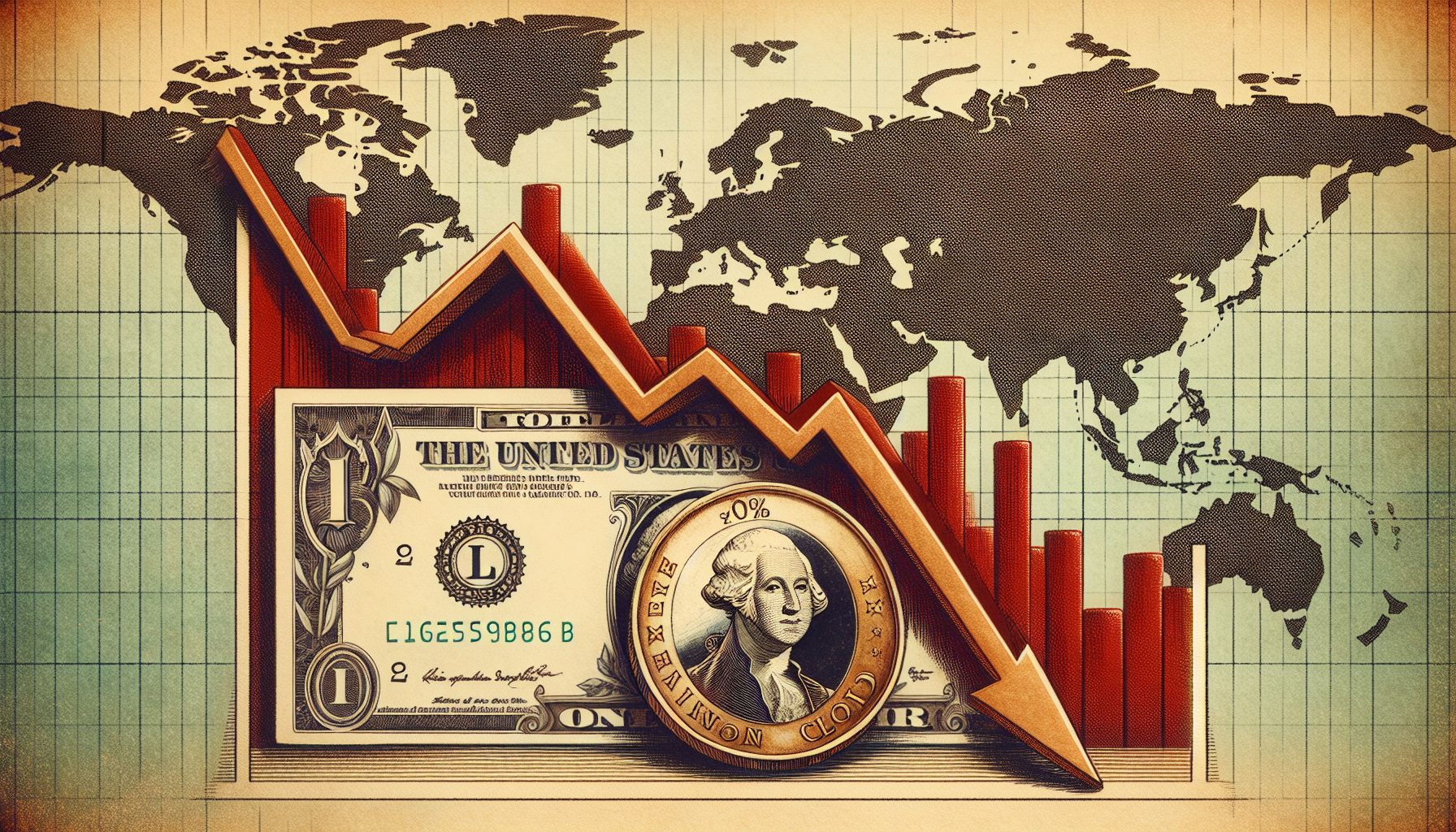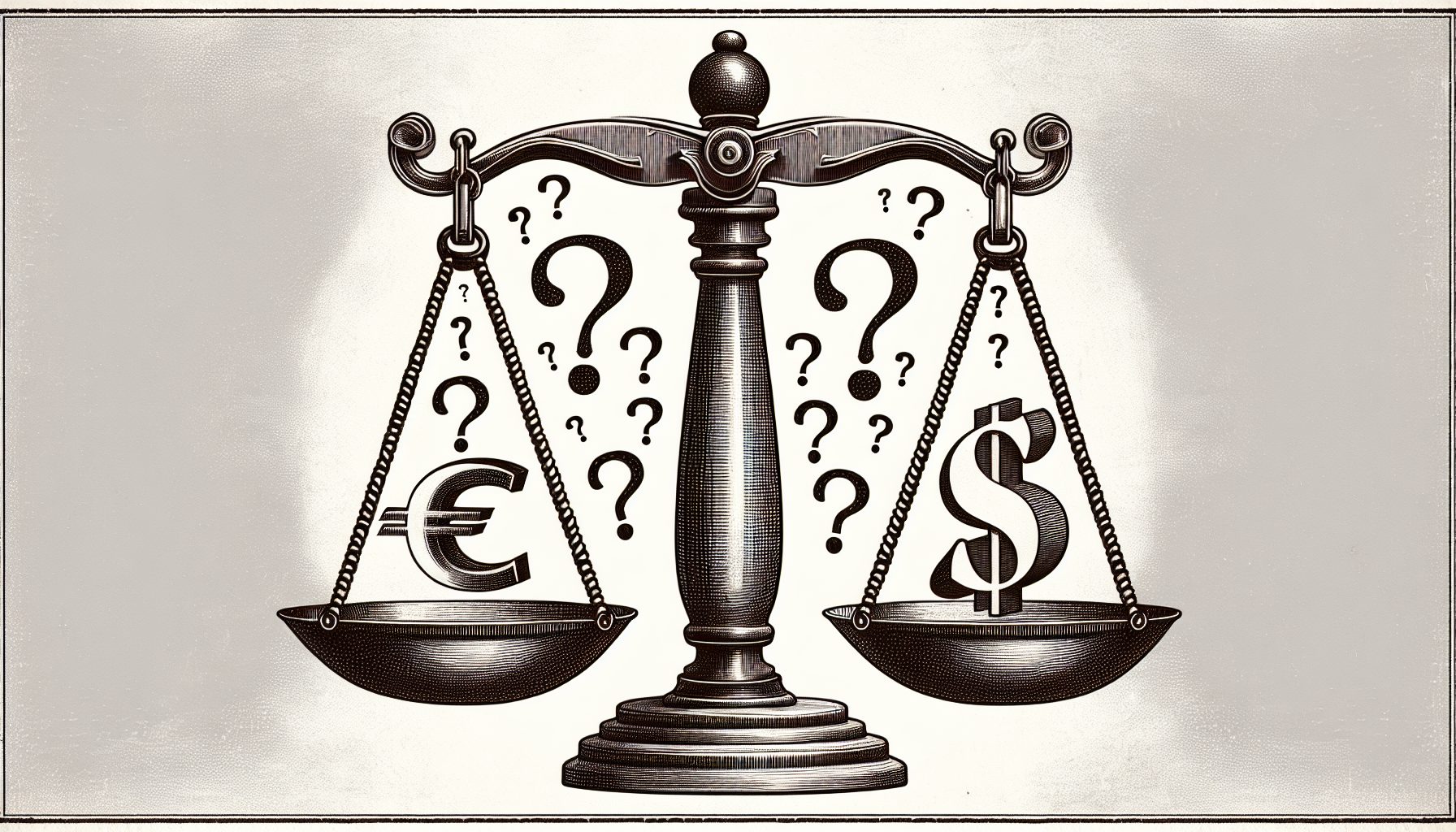One of the profound ironies of the digital age is that companies and leaders that rely on the Internet to build their business may also find themselves torn apart by it when they say or do something that’s judged insensitive, dumb or worse. A few weeks ago, Microsoft CEO Satya Nadella found himself skewered over loopy comments about women and raises.
Most recently, Uber CEO Travis Kalanick discovered that the Internet wields more power than a fleet of two-ton minivans. When fellow Uber exec Emil Michael stated at a swank business dinner that the company could spend “a million dollars” to look into the personal lives of reporters critical of the company, BuzzFeed editor in chief Ben Smith posted the remark.
There’s a significant back-story related to the comments—including charges of sexism and strong-arm tactics directed at Uber drivers—but suffice it to say that Michael and Kalanick both wound up racing down Apology Avenue.
Heck, Mitt Romney may have lost a presidential election as a result of uttering secretive remarks that didn’t wind up so secretive. Think 47 percent.
You would think that by now business and political leaders would understand that it’s impossible to break free from the physics of the Internet. Sneak bad ingredients into a food product or shirk on sustainability, and there’s a pretty good chance you will eventually get caught. Make enough arrogant/stupid/misogynic/nasty comments or lie about things, and people will eventually learn about them.
While the Internet is sometimes a snake pit of epic lies, distortions and fabrications served up by a seemingly endless stream of Truthers, conspiracy theorists, politicians and whack jobs, it also introduces a level of transparency that never before existed in the history of the world. Swarms of journalists, bloggers and experts ensure that just about everything winds up under a microscope.
Meanwhile, groups like Anonymous perform their own form of vigilante justice. For example, the hacking organization recently hijacked Ku Klux Klan Twitter accounts and outed members of the group, after the KKK had threatened protestors in Ferguson, Mo.
How you feel about these events is secondary to the fact that it’s just about impossible to hide anything from the Internet for any period of time. The same is mostly true inside a company.
For better or worse, we live in an era where transparency rules, and those who try to buck that reality are likely to get run over über fast. Blather, lie, cheat, threaten or deceive at your own risk.









